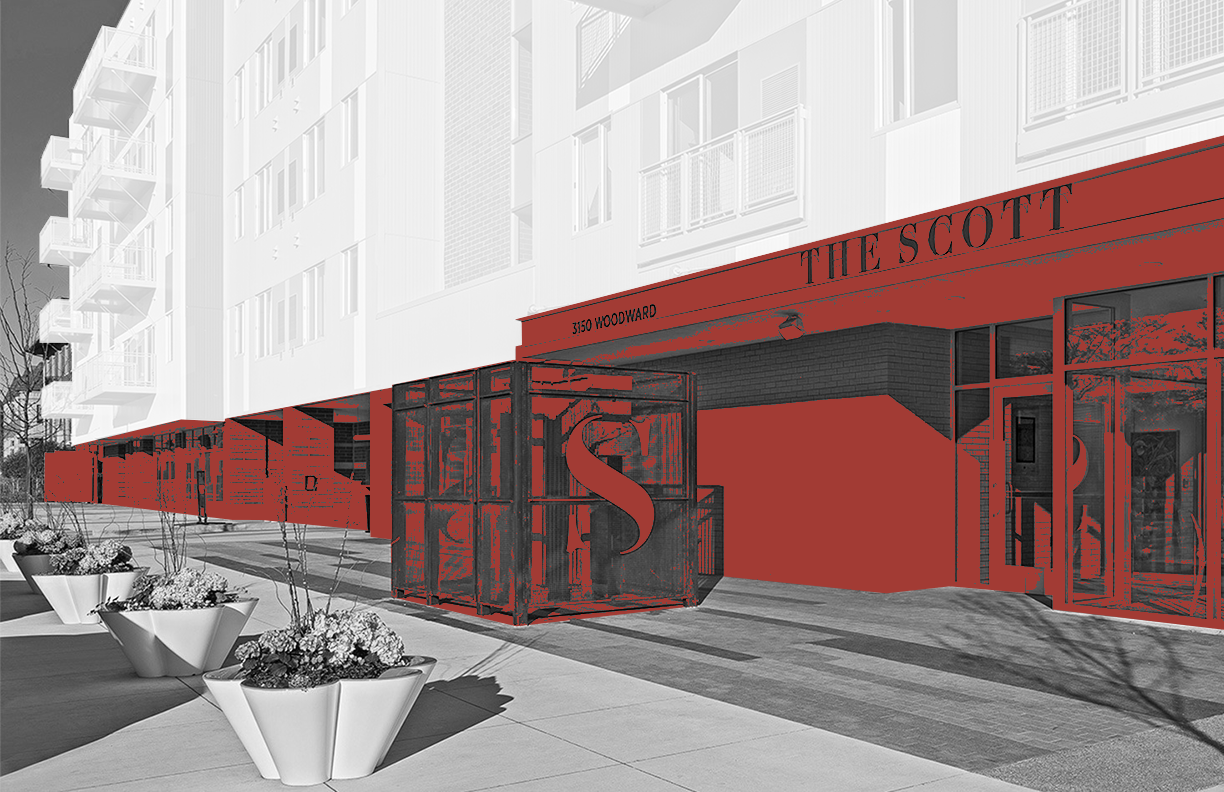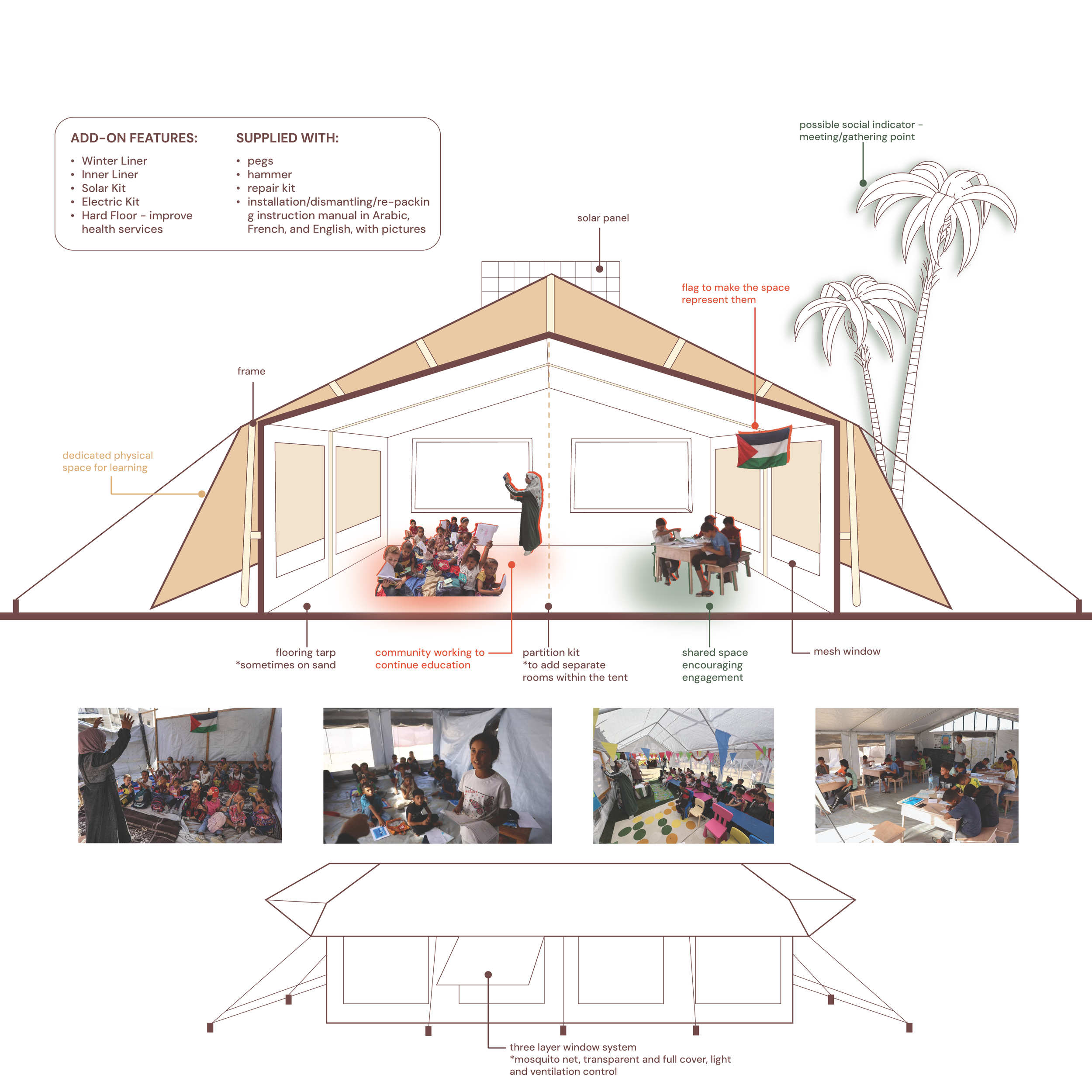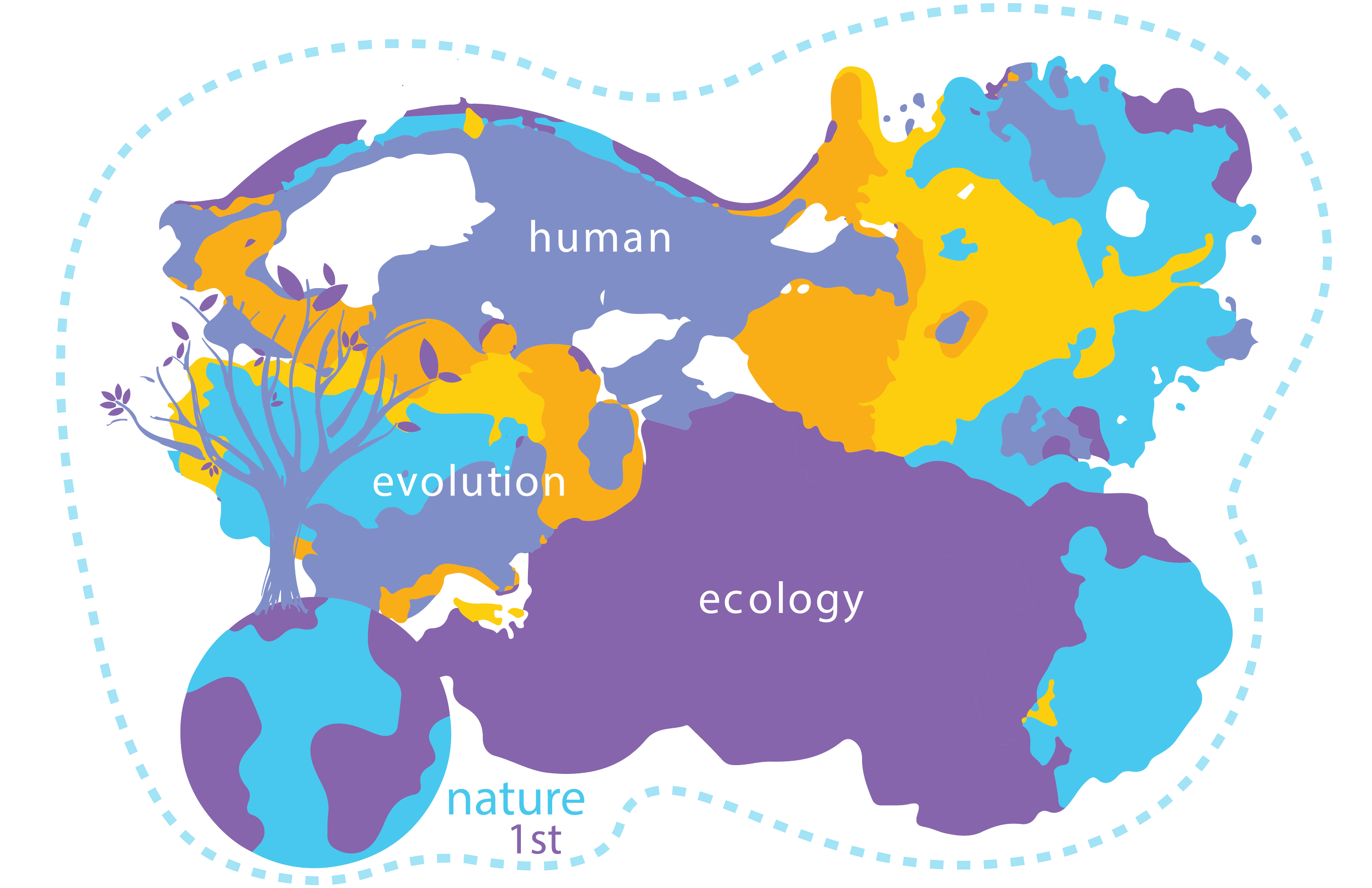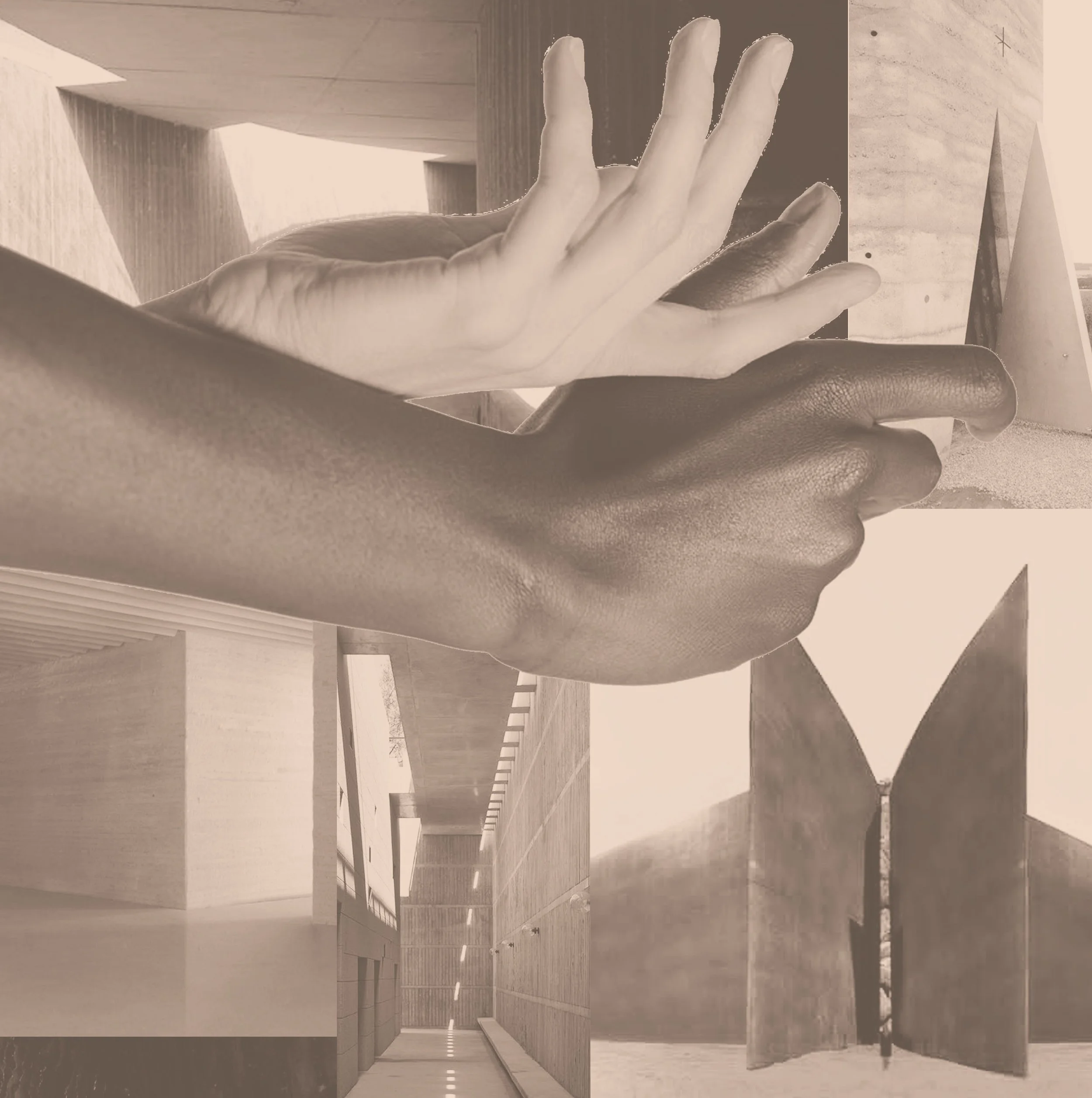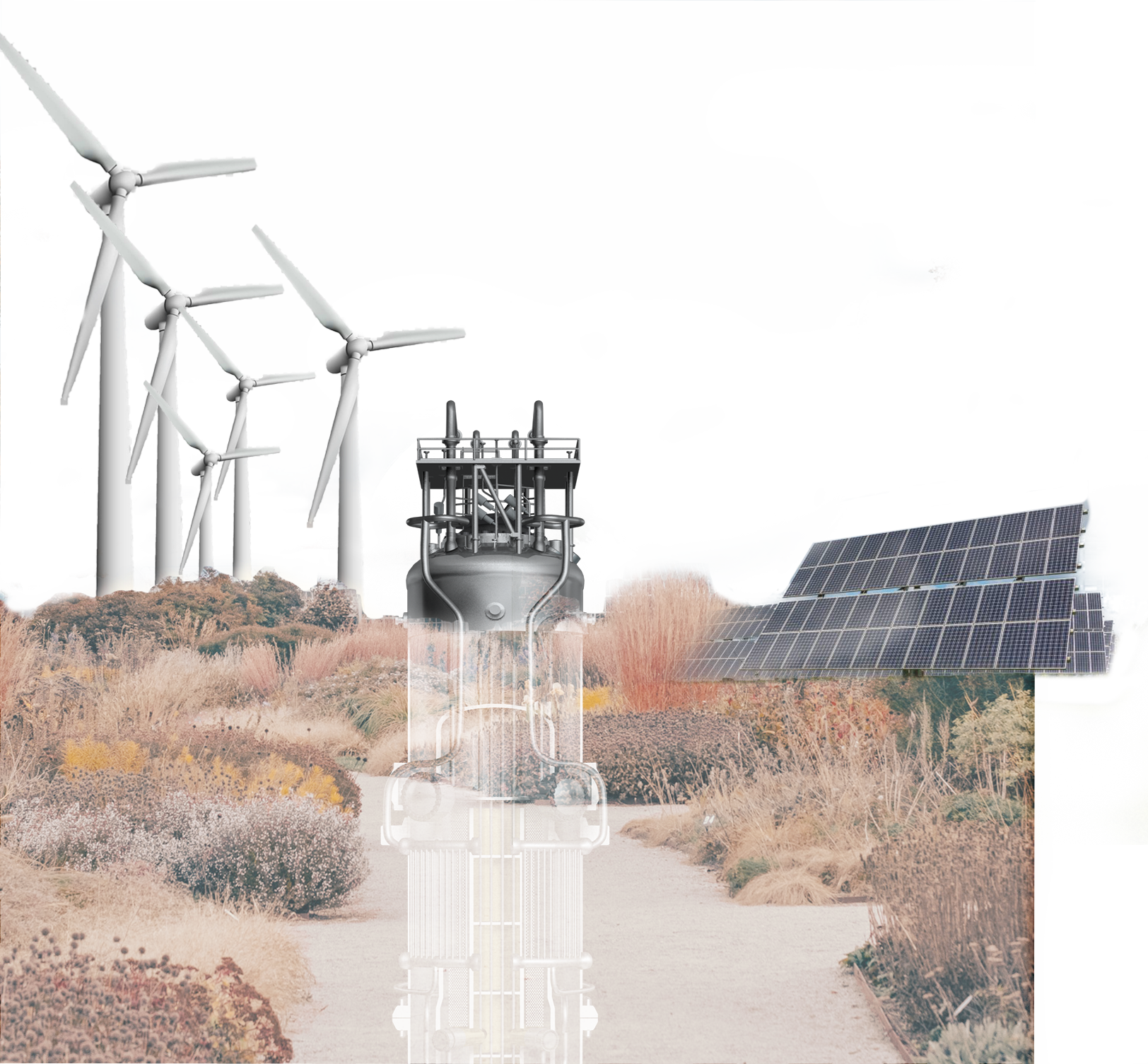2025 THESIS AWARD WINNERS
School of Architecture and Community Development
University of Detroit Mercy
Multidisciplinary Development
Utilizing Vertical Integration to Increase Efficiency and Value
The large number of players involved in the real estate development project life cycle contributes to a high level of inefficiency in the development process resulting in a lack of value for developers and communities. This thesis proposes that increasing vertical integration with multidisciplinary development will reduce the number of players involved in the development process, which can increase efficiency, saving costs that can be used for investing in long term value. Long term value investment can increase components of value for communities who live, work, and play in the buildings developers create, while providing developers with returns that can be captured by the multidisciplinary development company’s utilization of a buy and hold strategy.
Stephen Vogel Achievement Award, Spring 2025
Jacob Lampi M.Arch 2025
Thesis Studio Advisor: Virginia Stanard
Thesis Research Methods Advisor: Claudia Bernasconi
Thesis External Advisor: Greg Mangan
Beyond Survival
Rebuilding for Education and Healings
In post-war contexts, designers play a crucial role in creating spaces that support educational continuity and foster healing for children. This thesis explores how learning spaces can address the physical, social, and identity-based dimensions of repair in war-impacted communities. Bringing attention to the ongoing genocide in Gaza, this research investigates how design strategies can support education during crisis and contribute to long-term recovery. In times of war, survival becomes the community’s top priority transforming schools into shelters and disrupting education – yet learning remains a powerful form of resistance and healing. By analyzing successful recovery design strategies from other regions and local approaches in Gaza, this thesis identifies adaptable design methods that integrate transitional learning spaces, utilize existing structures, and promote experiential learning. Rebuilding for education and healing prioritizes children’s development beyond survival, ensuring that learning continues even in the most challenging circumstances.
Grace Lee Boggs Award for Social Justice, Spring 2025
Bushra Fawaz M.Arch 2025
Thesis Studio Advisor: Julia Kowalski-Perkins
Thesis Research Methods Advisor: Claudia Bernasconi
Thesis External Advisor: Wladek Fuchs
Radical Care as a Blueprint for Agency
A Critique of Traditional Architectural Practice Towards Empowerment and Well-being through Care
What if love drove design? What if profit, prosperity, and care weren’t at odds in design? This thesis inquiry explores how a shift in focus could transform the design profession, design, its products, and the people who make it happen (that’s us). Compounding the stress of larger political, economic, ecological crises, designers consistently face burnout and disempowerment within a profit-driven culture, weakening their capacity to design better. This thesis investigation explores real people’s stories, drawing insights from those narratives, and proposes real-world solutions that would allow us to redefine 'richness' to offer a hopeful path forward. One centered on community, holistic care, and social-ecological mindfulness.
Grace Lee Boggs Award for Social Justice, Spring 2025
Corrinne Greer M.Arch 2025
Thesis Studio Advisor: Erika Lindsay
Thesis Research Methods Advisor: Claudia Bernasconi
Thesis External Advisor: Ceara O’Leary
Pla(y)ce
Re-Imagining Place Through Play
Play is a powerful tool for shaping the built environment, fostering emotional attachment, and strengthening community connections. By examining how people develop bonds with a place and applying these insights to design, this research highlights the role of placemaking in creating spaces that cultivate belonging. Play serves as both a design tool and an engagement method, encouraging interactions that deepen attachment. Through play, designers move beyond rigid problem-solving methods, embracing iterative processes that tie together narratives, memory, and the layered histories of a place. Using participatory methods, this approach amplifies community voices to explore how play and storytelling shape perceptions of place. In doing so, it cultivates empathy, and ensures that urban spaces remain personal, adaptive, and deeply connected to the communities they serve.
Top Research Award, Spring 2025
Dani Bodganovic M.Arch 2025
Thesis Studio Advisor: Julia Kowalski Perkins
Thesis Research Methods Advisor: Claudia Bernasconi
External Advisor: Claire Antrassian
Experiential Narratives
Re-imagining the Design Process Through Words to Craft Atmosphere
Can we design without relying on the eye as the primary means of communication? Can we experience space before it is built? This thesis explores the role of human experience and atmosphere in design through narrative and storytelling. Juhani Pallasmaa critiques the visual dominance in modern architecture, which often sacrifices sensory engagement. Designers use imagery to communicate a space’s intended feel, yet this limits the multi-sensory experience vital to understanding architecture. This research seeks to create a more intimate, experiential design process, using storytelling techniques grounded in Peter Zumthor’s concept of Atmosphere to create a deeper emotional connection between clients and spaces before construction begins.
Top Research Award, Spring 2025
Lexi Iacobelli M.Arch 2025
Thesis Studio Advisor: Erika Lindsay
Thesis Research Methods Advisor: Claudia Bernasconi
Thesis External Advisor: Renee Daudlin
A Dwelling Place
Building With the Pilgrim and Finding God in the Bathroom Details
Life, death, God, and existence--these concepts make up what it means to be human, ever journeying for a sense of being at home in the world. Using the allegory of a pilgrimage, this thesis explores how both the design and process of creating sacred space can support the pilgrim in their quest for meaning and healing. Starting with an inquiry into contemporary Evangelical church design and extending into an approach of self-inquiry and dialogue with others, the researcher examined architectural implications of the relationship between the sacred and the mundane. Methods such as interviews and photovoice studies provided insight into the lived experiences of pilgrims, while reflections of memories from visits to religious spaces, precedent studies, and installations informed a “kit of parts” for designing for sacred encounters. Finally, in collaboration with an individual pilgrim, a participatory design process led to the creation of a series of pilgrimage chapels that outwardly manifest their inward spiritual journey.
Bruno Leon Outstanding Thesis award, Spring 2025
Abigail Franz M.Arch 2025
Thesis Studio Advisor: Julia Kowalski-Perkins
Thesis Research Methods Advisor: Claudia Bernasconi
Thesis External Advisor: Stephen Auger AIA & Fr. Gilbert Sunghera, SJ
What If?
An Invitation to Imagine Looking Towards a Soft Future
The dominant climate narrative is one of fear, often predicting catastrophes if we fail to act. This thesis assumes we will succeed in meeting our climate goals and asks, “What if we get climate change right?” Instead of focusing on crisis, it envisions a hopeful future, aiming to inspire more people to imagine and work toward a world where climate change is solved. By shifting from fear to possibility, this thesis seeks not to convince but to inspire optimism, fostering a deep, collective desire to build a world where sustainability is not a burden but a path to abundance. The Soft Path redefines progress, demonstrating that a thriving future is not about limitation but about reimagining how we live, build, and connect, ensuring that human development strengthens rather than scars the world we call home. A Soft Framework offers a different approach rooted in restoration, adaptability, and ecological integration.
Bruno Leon Outstanding Thesis award, Spring 2025
Ty Hearn M.Arch 2025
Thesis Studio Advisor: Erika Lindsay
Thesis Research Methods Advisor: Claudia Bernasconi
Thesis External Advisor: Richard Hammond

